Jakejames Lugo is a writer that has been covering video games and other entertainment for many years. He has written and published reviews, guides, listicles, and other content that anyone interested in gaming would follow. A lot of his work can be found in places like IGN, Dot Esports, Red Bull Gaming, The Outerhaven, Playboy Gaming, and many other outlets.
Jakejames continues to be part of the big conversations surrounding video games and entertainment. You can always find him sharing his undying passion for games online.
Not every game makes the best first impression to gamers when they first see it. This can be a harsh reality for some games that are released on consoles, where the first impression to the gaming audience can mean the difference between success and failure. But sometimes everyone can believe a game is going to turn out to be a failure at first, and instead turn into one of the most beloved releases of all-time. It doesn't happen often, but when it does, it's truly an indication of something special.
Some of the biggest game releases in the modern era were once believed to be games that were destined to fail. It wasn't until they were finally in the hands of gamers that everyone was able to see just how good they really were. Whether it was news about problematic development or the state of the industry at the time, people were certain that specific games were going to be bad, only to be proven wrong when they became massive hits. Here are three games that were expected to fail, but turned out to be legendary classics that everyone loves.
Batman: Arkham Asylum
The dark knight we needed
Back in the early 200s, the perception of licensed video games was very different from how it is nowadays. Most gamers at the time believed that movie tie-in games were always bad, and superhero-related games were almost always mediocre or terrible. Despite how popular some superhero franchises were in movies and television, they weren't always well-received by people when it came to video game releases. So it's understandable to look back at that time and see how most people believed that Batman: Arkham Asylum was going to be another bad superhero game. But luckily, everyone at the time was very wrong about it at first.
It goes without saying that today, we look at Batman: Arkham Asylum as one of the best superhero games to release in the modern era. It not only revolutionized the way we view combat in action games, but also changed the perception of superhero gaming media on a deep level. Players are a lot more open to being excited about a new game based on a licensed superhero, especially if the name Batman is in the title or the developer is listed as Rocksteady Studios. The release of the game was so successful that it went on to inspire other licensed games to copy some of its formula that worked out so well. One of the best examples of this is the Marvel's Spider-Man series from Insomniac Games, which has very similar gameplay elements and design choices to the Batman: Arkham series.
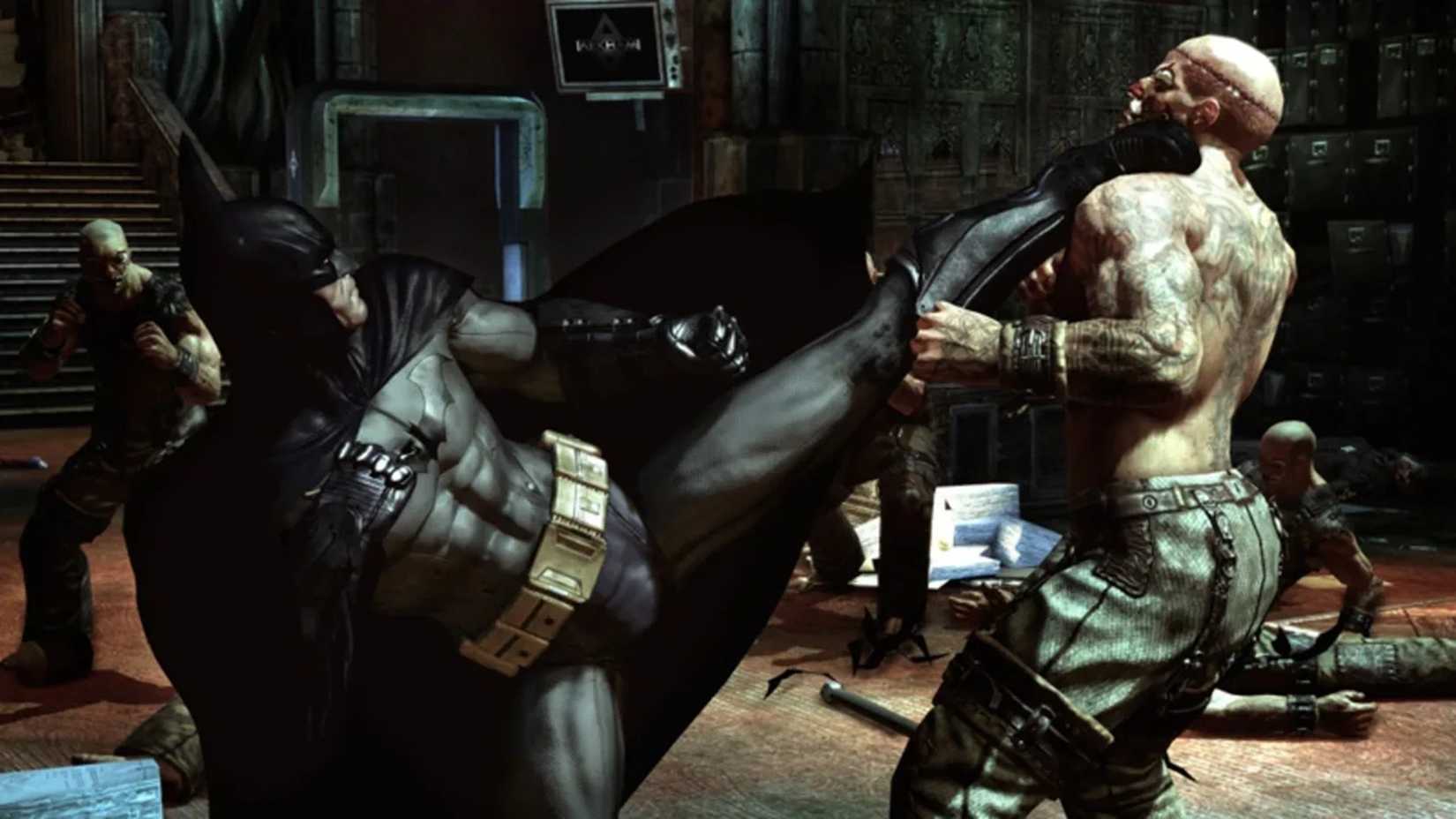 Credit: Source: Warner Bros. Games
Credit: Source: Warner Bros. GamesBatman: Arkham Asylum was the game we needed at the time, even though most of us didn't know it back then. It not only did justice to the character and world of Batman, but presented everything in a way that was fun, engaging, and rewarding for long-time fans of DC Comics. The combat and exploring of Arkham Asylum could enthrall players, while the tons of easter eggs and references within every facet of the game could keep someone busy for hours trying to find them all. The success of the first game led to multiple sequels and spin-offs released in the years that followed, and made it abundantly clear that a studio could take a big bet on Batman and come out a winner.
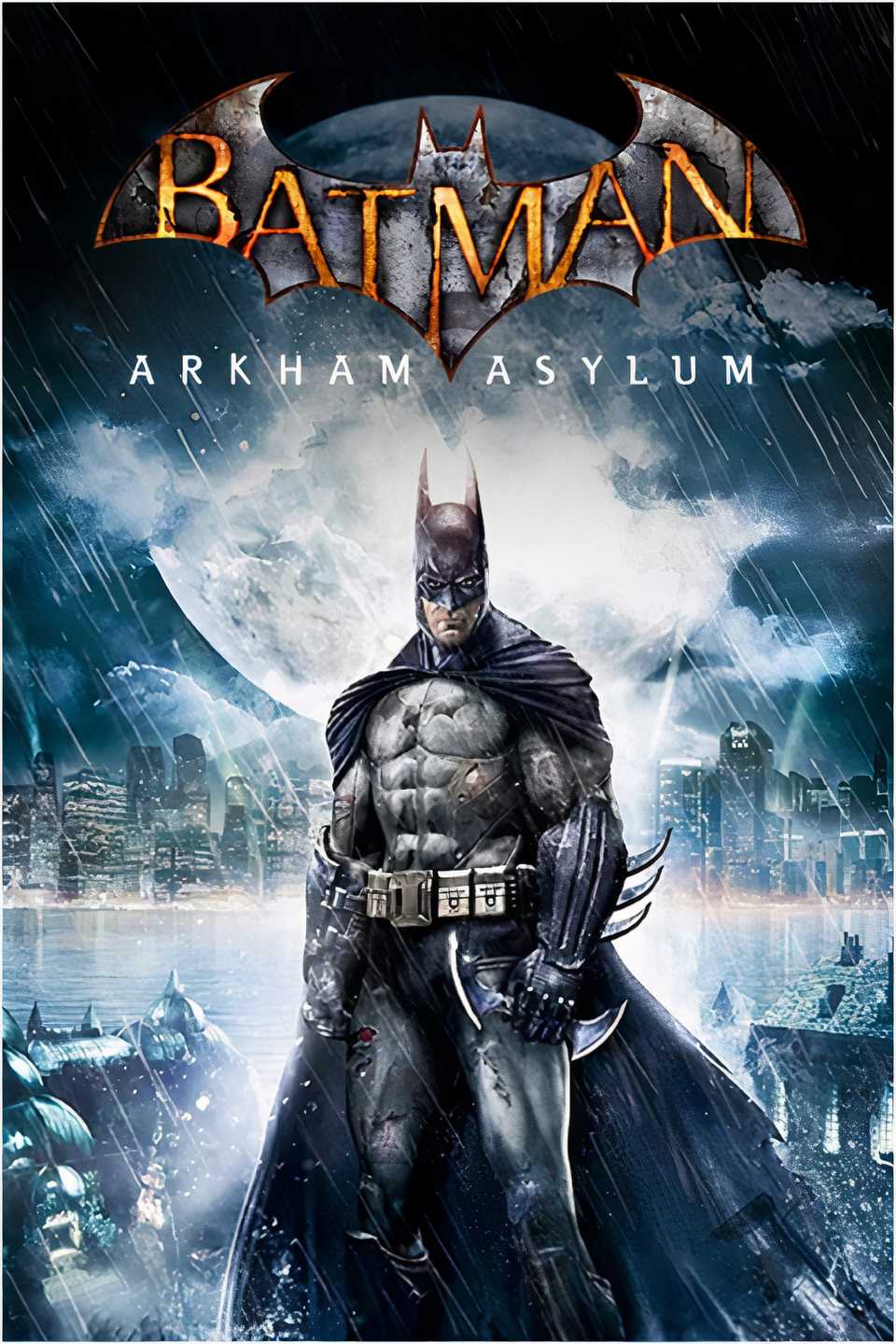
Released August 25, 2009
ESRB T for Teen: Alcohol and Tobacco Reference, Blood, Mild Language, Suggestive Themes, Violence
Developer(s) Rocksteady Studios
Publisher(s) Warner Bros. Interactive
Engine Unreal Engine 3
Franchise Batman
The Legend of Zelda: The Wind Waker
Revisionist history with this legend
As soon as the 2000s began, a lot of things were changing for video games. New consoles like the PlayStation 2, original Xbox, and Nintendo GameCube started to dominate the market with titles that made waves within the industry. But as new ideas and franchises were taking shape, players still had a reverence for their beloved franchises from the end of the 90s. One of those was The Legend of Zelda in the wake of the release of The Legend of Zelda: Majora's Mask on the Nintendo 64. Nintendo fans wanted more of what they got from that game, or at least in the same direction as it's predecessor, The Legend of Zelda: Ocarina of Time. But a 2001 reveal from Nintendo was very different from what people were expecting.
The Legend of Zelda: The Wind Waker was a very different direction for the series following the success of the previous Nintendo 64 games. Although it had many of the trademark Zelda characterostics that the series was known for, the visual style of the game threw many people for a loop, and received a lot of criticism. Gamers were not fans of the sudden change to the ongoing series. Most people at the time believed the game was going to be "too kiddie" or geared towards younger audiences, since it was so different from the mature interpretation of the previous game. The reveal of Wind Waker was also in stark contrast to a demo that was shown to audiences during Space World 2000, which had an Ocarina of Time-styled version of Link fighting Ganondorf to promote the series coming to the Nintendo GameCube.
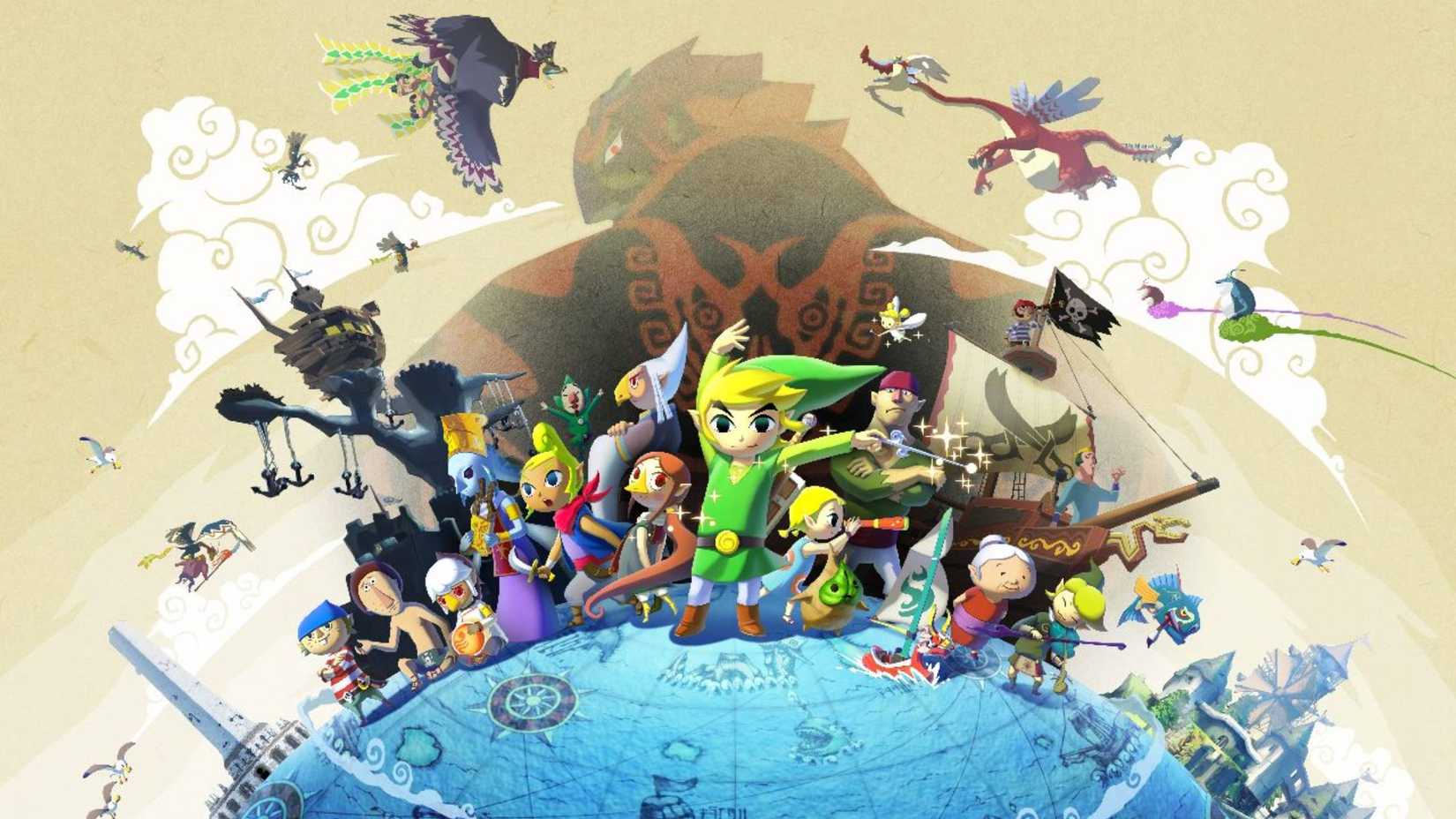 Credit: Source: Nintendo
Credit: Source: NintendoHowever, the result of The Legend of Zelda: The Wind Waker finally releasing was completely different from those initial impressions. The change in presentation offered players a different lens to view the series, while still having the adventure and dungeon crawling that the franchise had been known for. The story was deep, the puzzles and exploration were interesting, and the cast of characters was worthy of continuing the legacy of the franchise. It turned out to be an epic game which, in the years followed, has been viewed as one of the best entries in the series for the Nintendo GameCube.
Doom (2016)
Hellish development to industry legend
Without question, one of the biggest franchises in video games is the Doom series. No matter what platform you're playing games on, be it PC or consoles, there's most likely a Doom game you can play on it. Since 1993, the series has been a staple for first-person shooter fans who love to blow things up. It's a big reason why so many people were excited about the fourth entry in the series back in 2008, when the game was originally known as Doom 4. The previous title had taken things in a different direction, implementing more survival horror elements into the action, while still maintaining the FPS status quo for the franchise. For Doom 4, things were going to be rebooted once again, with developers at the time stating that it would be a different kind of take on the concept first established in Doom II, where demons from hell would arrive on Earth.
But despite the ambitious plans, the development of the game was plagued by many hurdles and problems. Retroactively, developers and journalists covering the game back then drew a lot of comparisons to the Call of Duty series for Doom 4, which was a style of game for FPS titles that was very popular due to the success of Call of Duty 4: Modern Warfare. Unfortunately, work on the game fell into a slump and multiple people left Id Software, putting the project into a literal development hell. It wasn't until 2014 that the game was re-revealed under the new title of Doom, and was confirmed to be a complete reboot of the series that would be very different from the initial plans for Doom 4.
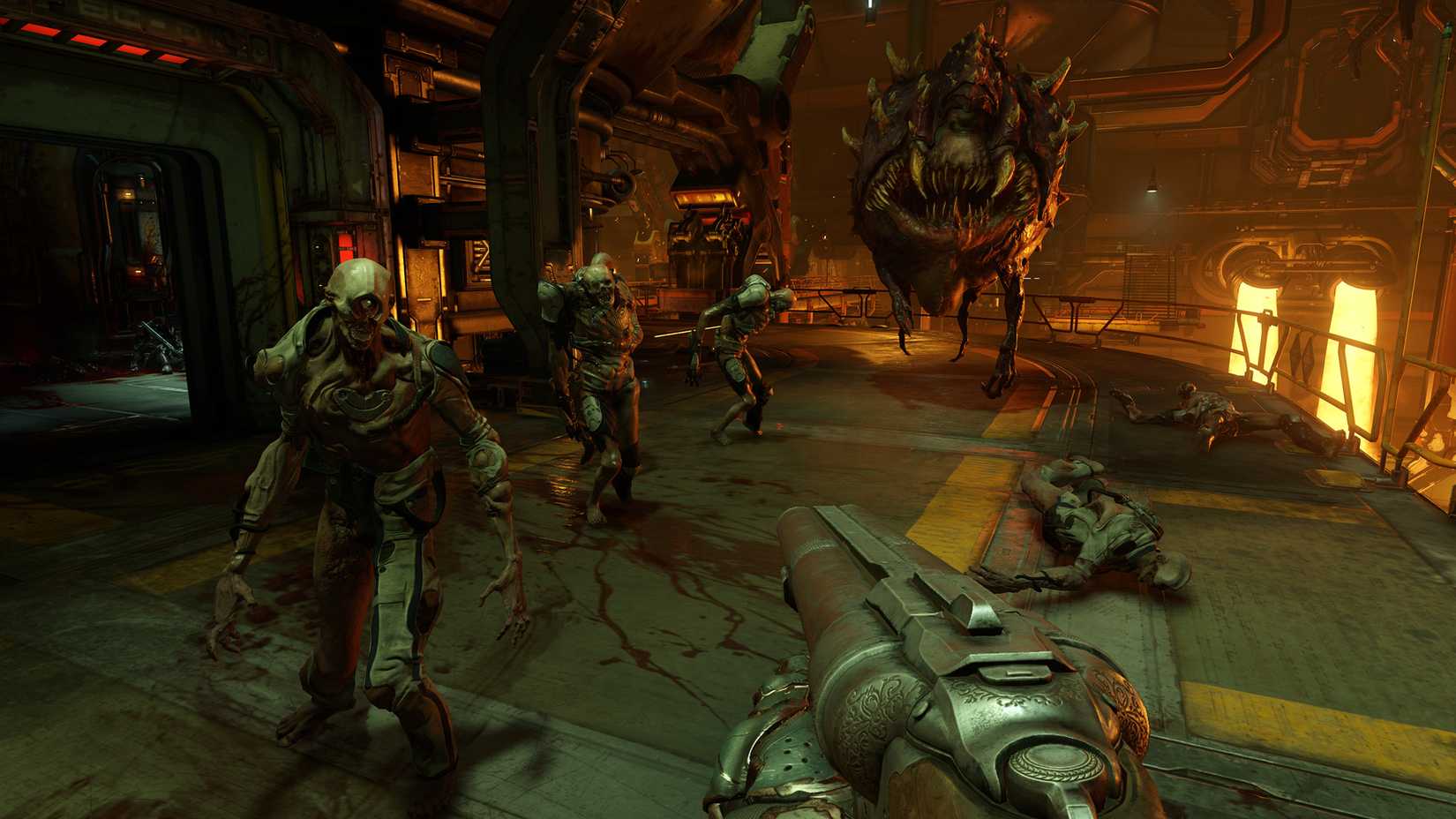 Credit: Source: id Software
Credit: Source: id SoftwareFor a long time, people believed that the years of development hell and stumbles would lead to a game release that was lackluster at best. Prior to Doom coming out on consoles, titles like Duke Nukem Forever finally released after years of being stuck in development, only to turn out a product that many felt was terrible. And while many signs pointed to a disaster incoming, the release of Doom was the complete opposite. Fans received a game that was not only committed to the spirit of the franchise, but presented it in a detailed and gory fashion, with everything about the original games updated for the modern era.
The weapons were powerful, the action was fierce, and the demons were as vicious as anyone could have imagined. For many players today, Doom releasing in 2016 was the shot of adrenaline that the first-person shooter genre needed to mix things up, and get back to the basics of what everyone loved about the genre to begin with. What better way for that to happen than with the series that established it in the first place?
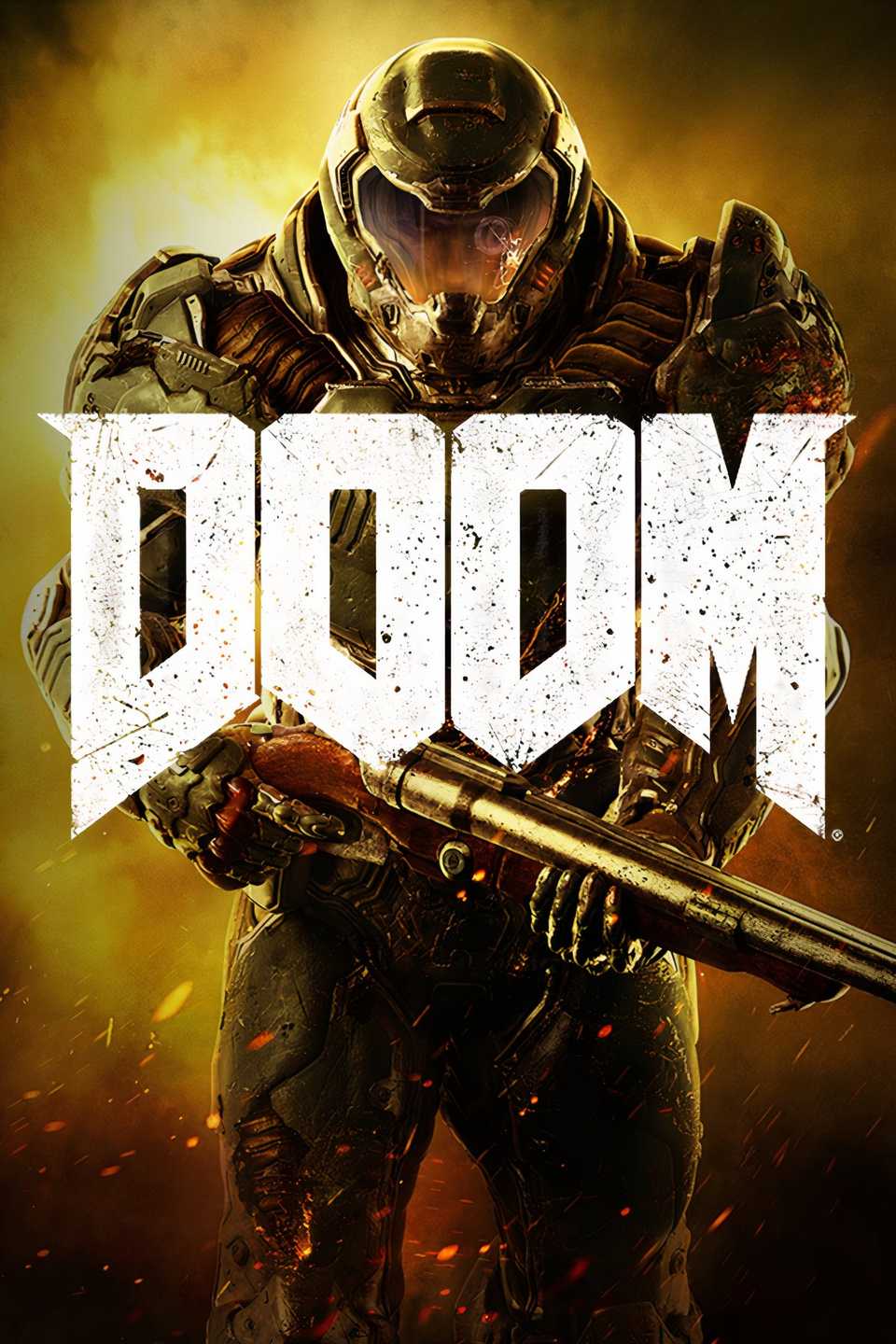
Released May 13, 2016
ESRB M For Mature 17+ Due To Blood and Gore, Intense Violence, Strong Language
Developer(s) id Software
Publisher(s) Bethesda Softworks
Engine id tech 6, id tech 5
Multiplayer Online Multiplayer
Franchise DOOM
Shifting the perceptions
There are a bunch of games that impacted modern gaming significantly that weren't always received so positively. We look at them these days with a lot of reverence and admire what they brought to the industry, but that wasn't always the case in the beginning for them. These games fundamentally changed the way people viewed certain genres or franchises, as well as inspired future games to take things further or try out new ideas. It goes to show you that the first impressions aren't always the final result, and perceptions can shift drastically once everything is said and done.
.png)


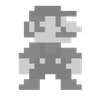











 English (US) ·
English (US) ·